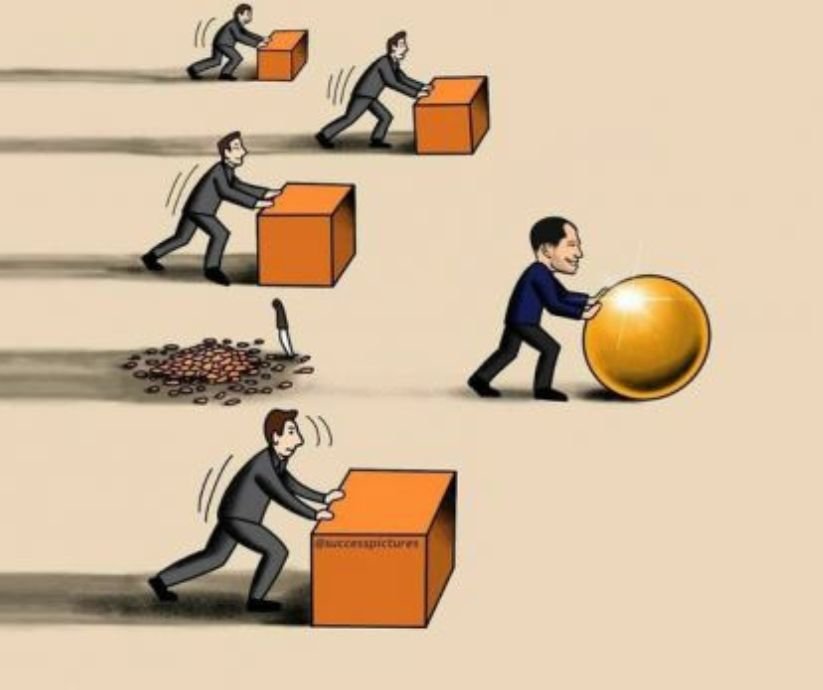Publications

Lizette Fourie
3rd Sep, 2020
Tons of work and not enough hours in a day…. This is the most common challenge each and every one of us are facing when it comes to completing all our daily tasks and responsibilities. People tend to put in more and more hours and spending most of their weekends trying to catch up on workloads, but never really sit down and look at how to work smarter, rather than harder and even longer hours. There are two ways to increase your output–either put in more hours or work smarter. I don’t know about you, but I prefer the latter.
Here are a few simple but effective strategies for working smarter and increasing your productivity at work:
Stress is seen as a bad thing; however, a small amount of manageable stress can help you focus and meet your goals. Give yourself a deadline, and stick to it. You may be surprised to discover just how focused and productive you can be when you’re watching the clock.
The rule is simple…. If a task can be done in two minutes or less, do it now! Completing a task right away actually takes less time than postponing it two or three times.
Meetings are the biggest time-consuming occurrences in one’s day, yet somehow we continue to book them, attend them, and complain about them. Before booking your next meeting, ask yourself whether you can accomplish the same goals or tasks via email, phone, or Web-based meeting (which may be slightly more productive).
Make a habit of committing to a single task and finalizing same before moving onto the next. We may think that the ability to multitask is a way of increasing efficiency, but it is in fact the opposite. Attempting to do more than one task at the same time may lead to incomplete and inaccurate work. One can also easily forget to go back to a previous task to finalise.
Instead of scrolling through meaningless Facebook posts or watching funny cat videos on YouTube, use free time to catch up on some emails, create your daily to-do list, or do some brainstorming.
It sounds counterintuitive but taking scheduled breaks can actually help improve concentration. Taking short breaks during long tasks can help you to maintain a constant level of performance, while working at a task without breaks, can lead to a decline in performance.
The Merriam-Webster Dictionary defines proactive as “acting in anticipation of future problems, needs or changes.” Plan your day ahead and stick to it, instead of only reacting to problems and circumstances. When you are at work, turn off your notifications. We all find it extremely hard to resist a notification of a new email, voicemail, or text. Schedule time during your day to check email and messages. This is all part of being proactive rather than reactive.
Decorate your office space with pictures, flowers, or anything else that puts a smile on your face. A person’s mood has an extraordinarily strong effect on productivity. When you are happy, it will show in your work!
Are you typing with two fingers? Did you know that you can save 21 days per year just by typing fast? So why not speed up your typing and try to get rid of the two-finger syndrome. Using shortcuts on the keyboard is another time saver and can speed up your work. For example, press F2 to rename a selected file, while CTRL + I will put selected text in italics. There are so many of these. If you make the effort to learn them, they really can be helpful.
Picking up the phone and talking to a person or colleague instead of writing emails, saves time, especially for important and urgent discussions. If the person or colleague works in the same office, it is even better to go and talk to him or her. It gives you a break, you get some exercise and you actually make human contact which is becoming quite rare in this electronic world.
There is a saying that goes “you are never too old to learn something new”. Always be ready and open to learn something new. Review your skills and determine where you need to fill a gap. Talk to important connections and network as much as you can. Keep up to date on trends and developments. When an opportunity arises, you will be best equipped to seize it because you have never stopped learning.
What is your greatest resource? No, your greatest resource is not time. It is YOU. If you do not get enough sleep, exercise, and relaxation, you will become less and less productive. You will end up working longer and longer hours, which is the exact opposite of what you want. Make sure you are in the best shape. It is useful to remember that you need a break of 15 minutes after every one and a half hours of work. Taking breaks and getting fresh air and exercise is one of the best ways of working smarter, not harder.
The key to greater productivity is to work smarter, not harder. Working smarter saves precious time and energy for the things that really matter — your life goals, your personal growth, your health, and your relationships.
Don’t work hard - work smart!
EARLIER POSTS